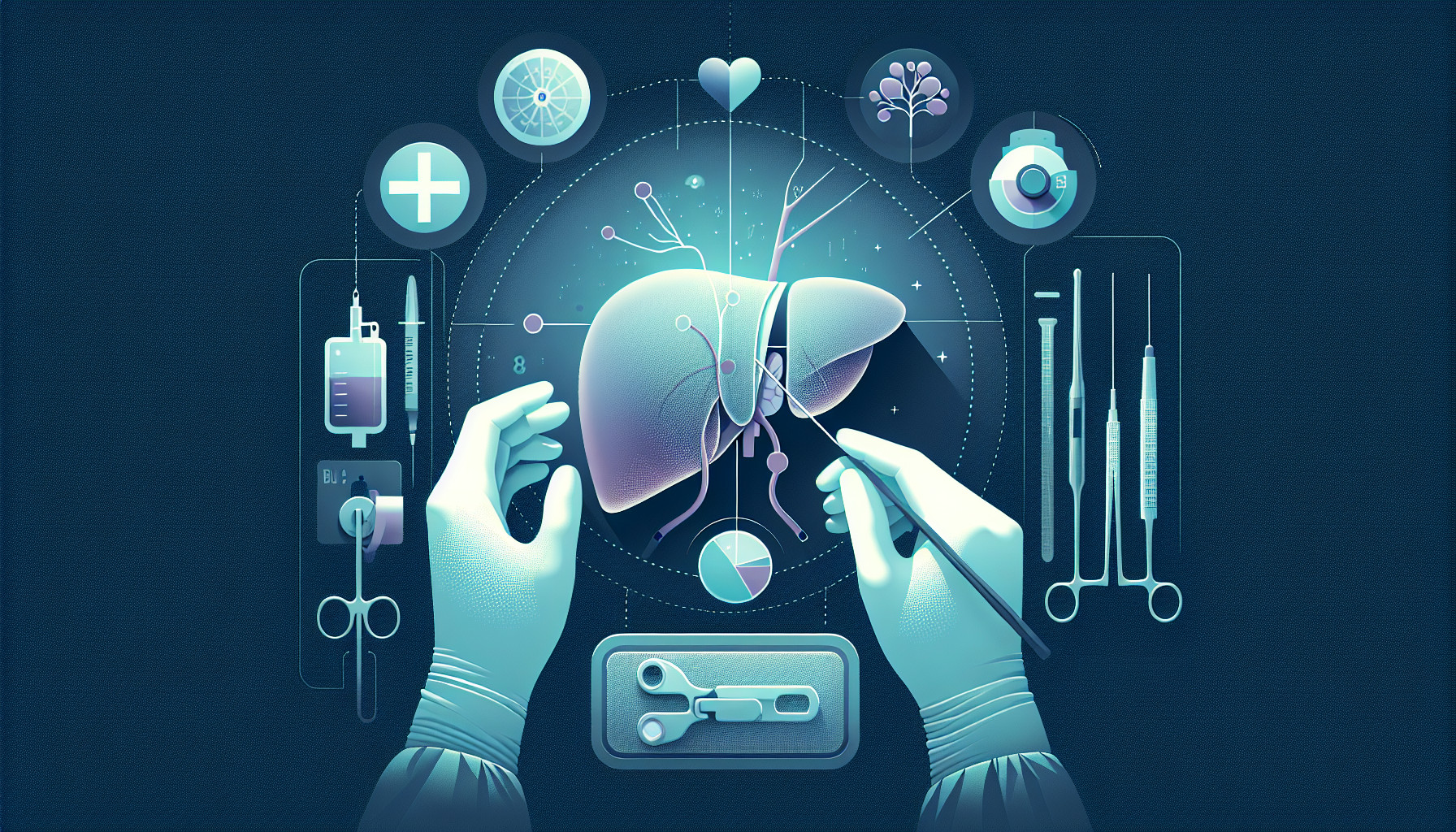Our Summary
This research paper discusses a very rare issue that can occur after a child has a liver transplant called acute graft-versus-host disease. This condition has a high risk of death, even though children generally have a better chance of surviving a liver transplant than adults. The authors present two cases where children experienced this issue after a liver transplant. Both children had the same symptoms and were able to overcome the disease. However, one of them developed another disease caused by a virus called Epstein-Barr virus after the doctors changed their immunosuppression treatment. They also had a recurrence of the original problem. The paper discusses the different treatments and factors to consider when taking care of patients like these. The authors emphasize the importance of doctors being aware of the possibility of this problem in any child who has had a liver transplant and has a persistent skin rash, with or without fever and diarrhea, so that they can diagnose the condition.
FAQs
- What is acute graft-versus-host disease and how common is it in pediatric liver transplant recipients?
- What are the symptoms of graft-versus-host disease in posttransplant pediatric patients?
- What are the treatment options for acute graft-versus-host disease in pediatric liver transplant recipients?
Doctor’s Tip
A helpful tip a doctor might tell a patient about pediatric liver transplant is to closely monitor for any signs or symptoms of acute graft-versus-host disease, such as persistent skin rash, fever, and diarrhea. It is important to promptly report any concerning symptoms to your medical team so that appropriate treatment can be initiated. Regular follow-up appointments and monitoring are crucial to ensure the best possible outcomes after a liver transplant.
Suitable For
Pediatric patients who are typically recommended for liver transplant are those with end-stage liver disease, acute liver failure, metabolic liver disease, congenital liver abnormalities, and liver tumors. In some cases, pediatric patients may also require a liver transplant due to complications from autoimmune liver disease, chronic liver disease, or viral hepatitis. The decision to recommend a liver transplant for a pediatric patient is based on a careful evaluation of the patient’s medical history, current health status, and potential for successful transplant outcomes.
Timeline
Before pediatric liver transplant:
- Patient is diagnosed with liver failure or liver disease that cannot be managed with medication or other treatments
- Patient undergoes extensive testing and evaluation to determine if they are a suitable candidate for a liver transplant
- Patient is placed on a waiting list for a suitable donor liver
- Patient and family receive education and counseling on the transplant process and post-transplant care
After pediatric liver transplant:
- Patient undergoes the liver transplant surgery and is monitored closely in the intensive care unit
- Patient is started on immunosuppressive medications to prevent rejection of the new liver
- Patient may experience complications such as infection, rejection, or graft-versus-host disease
- Patient undergoes regular follow-up appointments and monitoring to ensure the success of the transplant and to address any issues that may arise
- Patient may need additional treatments or interventions to manage complications or side effects of the transplant
- Patient and family receive ongoing support and education on how to care for the new liver and maintain overall health and wellness.
What to Ask Your Doctor
- What is the likelihood of my child developing acute graft-versus-host disease after the liver transplant?
- What are the symptoms and warning signs of acute graft-versus-host disease that I should watch for in my child?
- How is acute graft-versus-host disease diagnosed in pediatric liver transplant recipients?
- What treatment options are available for acute graft-versus-host disease in pediatric patients?
- What are the potential complications or side effects of the treatment for acute graft-versus-host disease?
- How will acute graft-versus-host disease affect my child’s long-term prognosis and quality of life after the liver transplant?
- Are there any precautions or lifestyle changes that my child should follow to help prevent acute graft-versus-host disease?
- What is the likelihood of recurrence of acute graft-versus-host disease after treatment, and how can it be prevented?
- How often will my child need to follow up with their healthcare team after the liver transplant to monitor for acute graft-versus-host disease?
- Are there any support resources or organizations that specialize in pediatric liver transplant and graft-versus-host disease that you recommend for additional information and assistance?
Reference
Authors: Valamparampil JJ, Kumar GV, Shanmugam N, Vij M, Munirathnam D, Rammohan A, Rela M. Journal: Exp Clin Transplant. 2022 Dec;20(12):1137-1140. doi: 10.6002/ect.2021.0481. Epub 2022 Oct 18. PMID: 36259621
